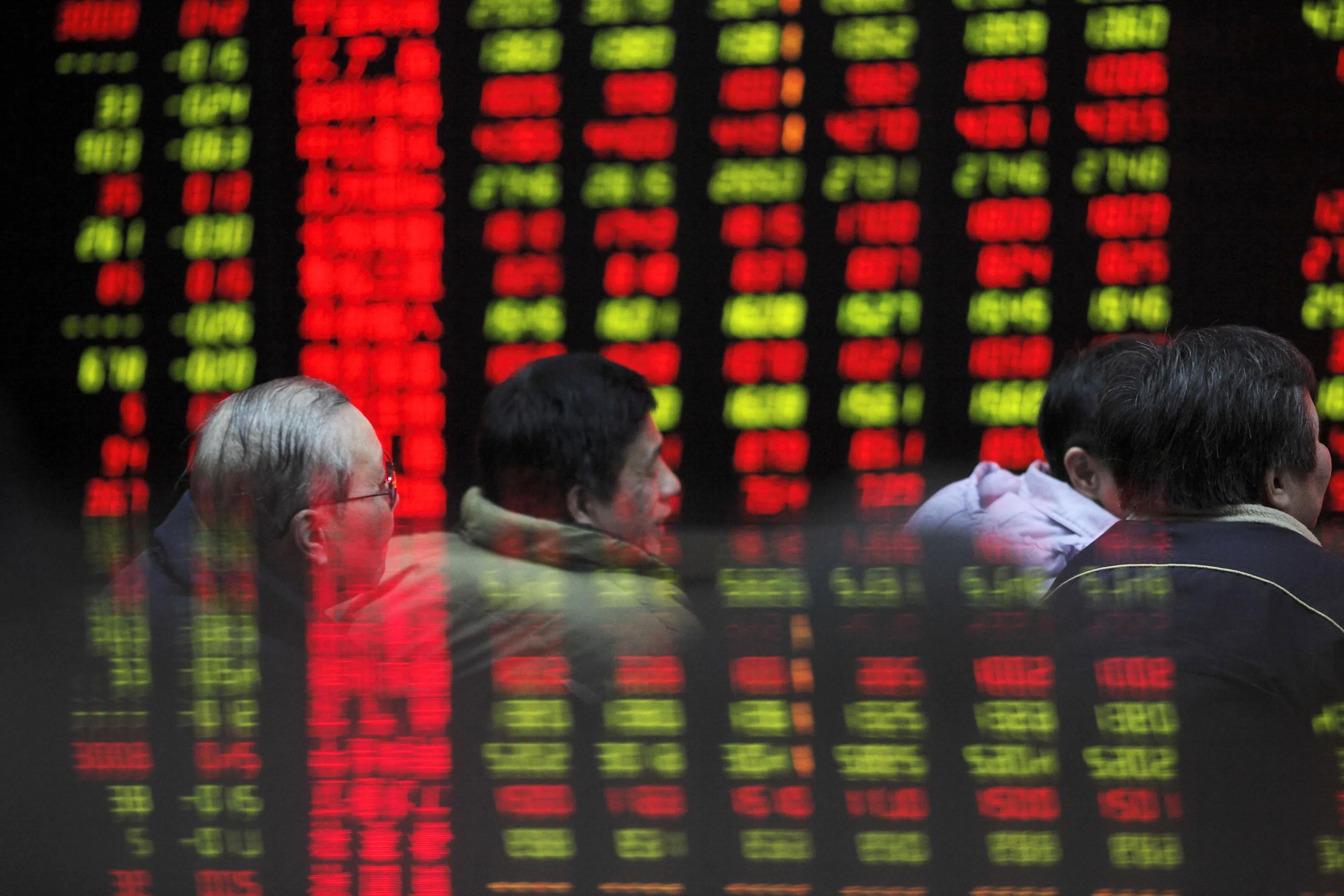Trading in the most active 10-year government bond has steadily decreased over the last two weeks
China’s attempts to cool a record bond rally have stalled a drop in yields, but at the cost of a collapse in trading activity to an extent that may create more headaches for policymakers.
Trading in the most active 10-year government bond has steadily decreased over the last two weeks, with the average daily volume on Wednesday and Thursday some 90 per cent below the average of August 7th and 8th, according to data from the official trading system CFETS. The volume slump comes as Beijing ramps up measures to crack down on speculation in longer-dated bonds, including a warning this week against “illegal” trading.
“If the turnover keeps plunging, the bond market may enter a unhealthy negative feedback loop that risks further deteriorating its price-discovering functions,” Huaxi Securities analysts including Liu Yu wrote in a note this week.
Started with just verbal warnings earlier this year, the People’s Bank of China’s pushback against the rally has evolved into ramped up action this month. Measures such as selling from state banks to drive up yields and repeated regulatory checks on some investors have kept traders on edge and dampened trading activities.
The benchmark yield traded at 2.15 per cent on Friday (Aug 23), up from a record low of around 2.12 per cent at the beginning of the month.
On Friday, China’s finance ministry sold 10-year bonds at record low yields.
A regulator voiced discomfort with the impact on the market this week. While speculative bond trading will face a continued pushback, financial institutions shouldn’t go to the opposite extreme of halting trading completely, an official at the National Association of Financial Market Institutional Investors said in interview with some newspapers.
Concerns over a slowing economy, expectations for interest-rate cuts and a lack of attractive investment alternatives have led investors to pile into Chinese government bonds this year. Officials have been seeking to limit the one-way buying, wary of the 2023 collapse of Silicon Valley Bank, which piled into US Treasuries before a market reversal. BLOOMBERG






